


Making contribution to the business of "coexistence with local communities" with a vision for the 100 years ahead, through expertise on "land"
For 25 years I had been busy working to acquire and manage land at an electric power company. I always felt that my job was worthwhile, but I am now 50 years old. I was wondering about what my "career culmination" would be and in the course of that I started to feel a strong desire that "I want to devote the rest of my life to build the society for the future."
There are various forms of social contribution but especially the environmental issues and evolution of energy development are common challenges across the globe. The central government of Japan also set the goal of "reducing greenhouse gas emissions by 80% by 2050" in 2018 and mentioned the use of renewable energy as an important theme. Therefore, I made up my mind to take full advantage of my "land"-related experience and knowledge to help promote the spread of clean energy. Therefore, I started activities to change jobs for the first time in my life.
When I learned about Vena Energy, foreign-affiliated companies were an "unknown world" and I first felt it was quite alien to me. However, I felt great empathy for the company's policy of "coexistence with local communities" aiming to become their partner in each region while developing renewable energy projects mainly in Asia and other countries around the world. In addition, through the interviews I was able to feel the company's strong focus on land acquisition. That is why I decided to join the company saying to myself that "let's try this and do my best as if I'm starting my life all over again."
After joining the company, I was assigned to a specialist team within the development department, whose actions are centered around "land." Our land acquisition work is driven in collaboration with project managers who are in charge of land selection and power plant development planning.
Of course, it is not easy to earn the trust of local communities and convince landowners to entrust their valuable property to us. In addition, in the case of wind power generation it is essential to carefully collect and analyze data on wind direction and intensity onsite, which is different from other projects such as transmission line construction. With this, the site area continues to be modified until the very end, which in turn makes land negotiations a long-term process which could take years.
In this context, how can we earn the trust of the other party? How can we convey our message about our track record, policies, as well as the importance of renewable energy, to deepen their understanding? Or how can we explain to the general public the legal restrictions and procedures relating to the sale, purchase, and lease of land in an easy-to-understand manner? There are no manuals or suggested answers in this job, so what is necessary is willingness to regularly visit the community and continue persistent communication while trying to respect what the other party has in their mind.
And it feels especially rewarding when each and every effort has borne fruit in the end and we firmly shake hands with the landowner. When a leader of a certain area once said to me that "please build an admirable power plant that would make the name of this area known for a long time into the future," I realized the magnitude of the social responsibility of this job, which made me brace myself up once again.
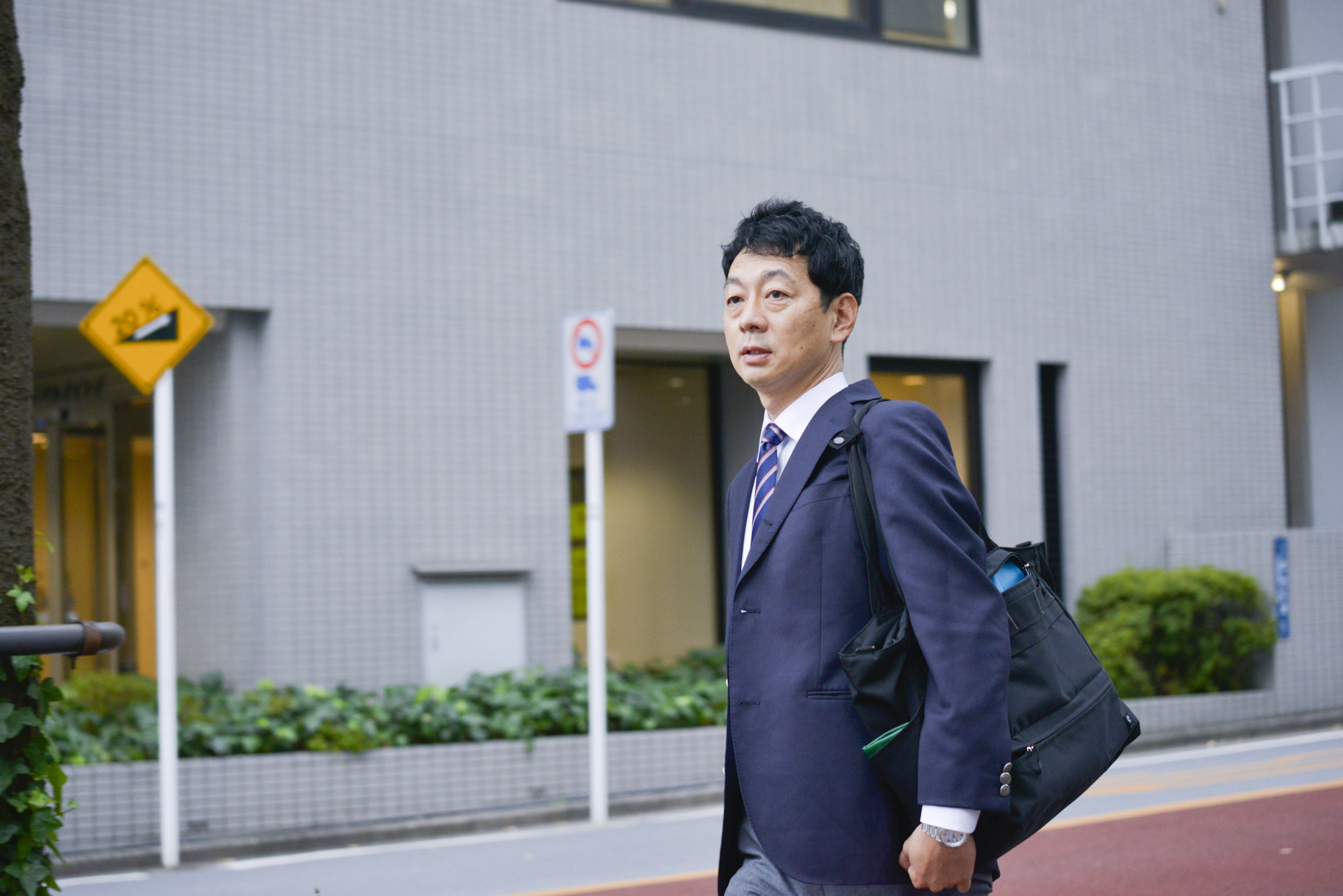
As I work here, I have experienced two positive culture shocks. These are the "speed of approval" and "culture that does not deny even an unprecedented plan." In land negotiations, quite often large amounts of budget are involved and there are many cases where decision-making is delayed due to the requirement for repeated requests for approval. In this regard, at our company we are very close to our superiors and we also have a streamlined mechanism of decision-making, thus the "go" or "no-go" decision is extremely quick. Thanks to this, we can take actions in a speedy manner on the working level as well.
In addition, the company never makes blind assumptions and simply denies even the largest-scale development plans or cutting-edge initiatives. If there is a potential of success, it takes up the challenge and makes company-wide efforts, which is also an exciting attitude. I have been working in the energy industry for many years, yet here I often experience moments when I get excited, feeling that "we may be able to make contribution to society at a level that is 'the first of its kind' in Japan."
However, these projects would just remain as a mere desktop theory unless they are accepted by the local communities, thus increasing awareness about the company is extremely important. Going forward, I would like to make contribution also in the areas of PR and CSR activities myself, in addition to my day-to-day work.
As such, this company would certainly be a very rewarding environment for those who wish to work together with local communities to develop projects that are beneficial to society not only now but also in 50 years or 100 years from now. I hope those who are going to join us will also experience the real thrill of spending a lot of time to build a power plant and contributing to updating local communities.
Japan's First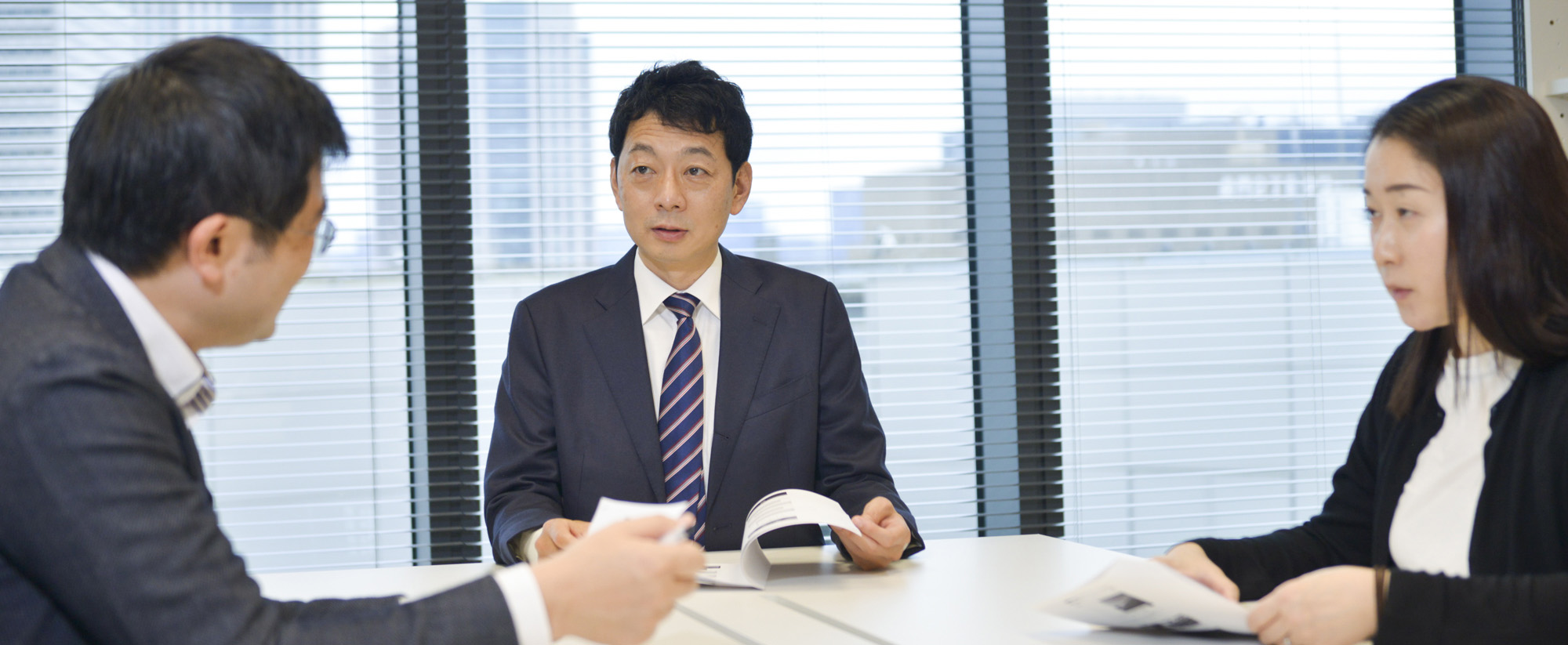
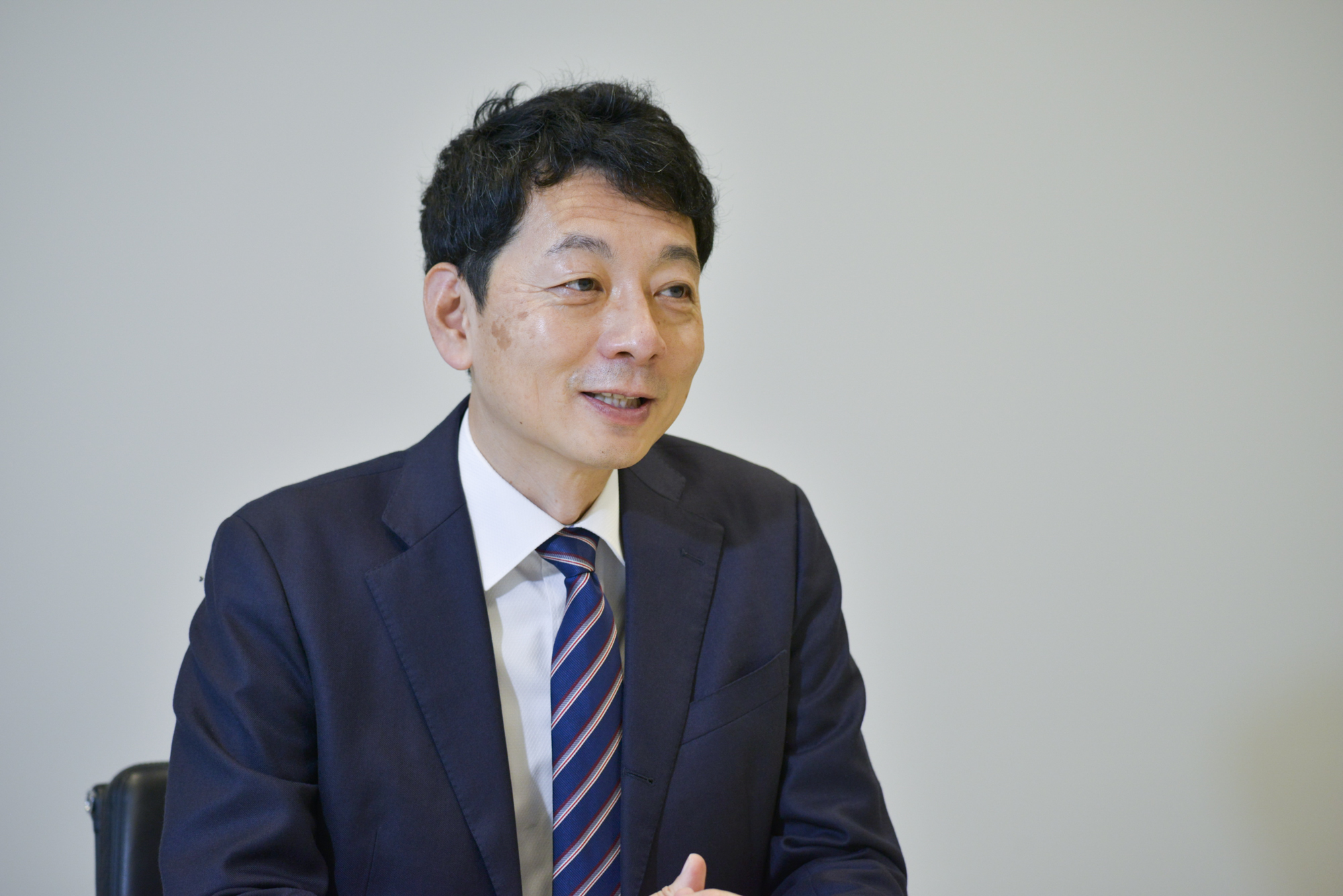
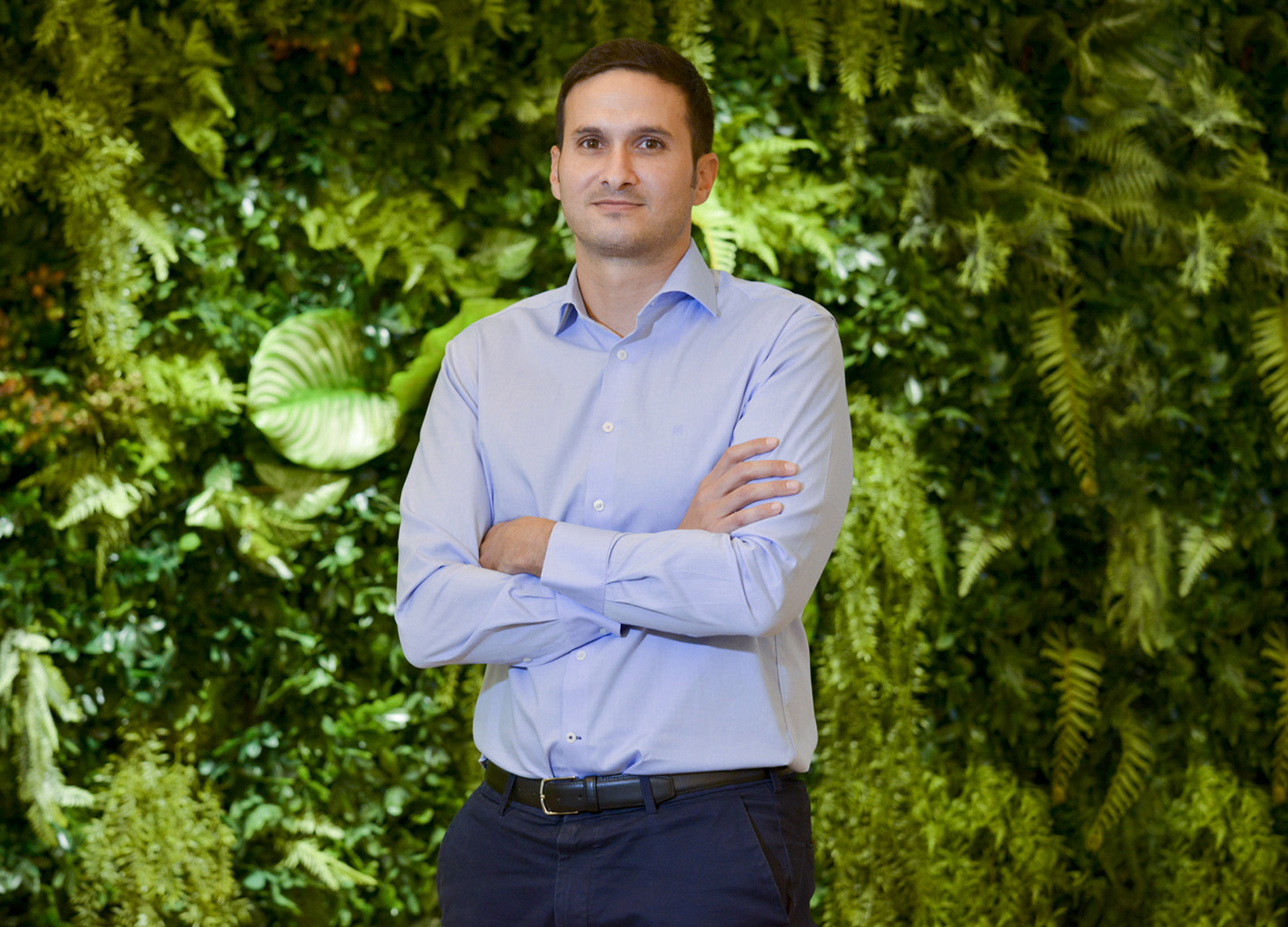
Vena Energy Engineering K.K.
Head EPC
M.A.
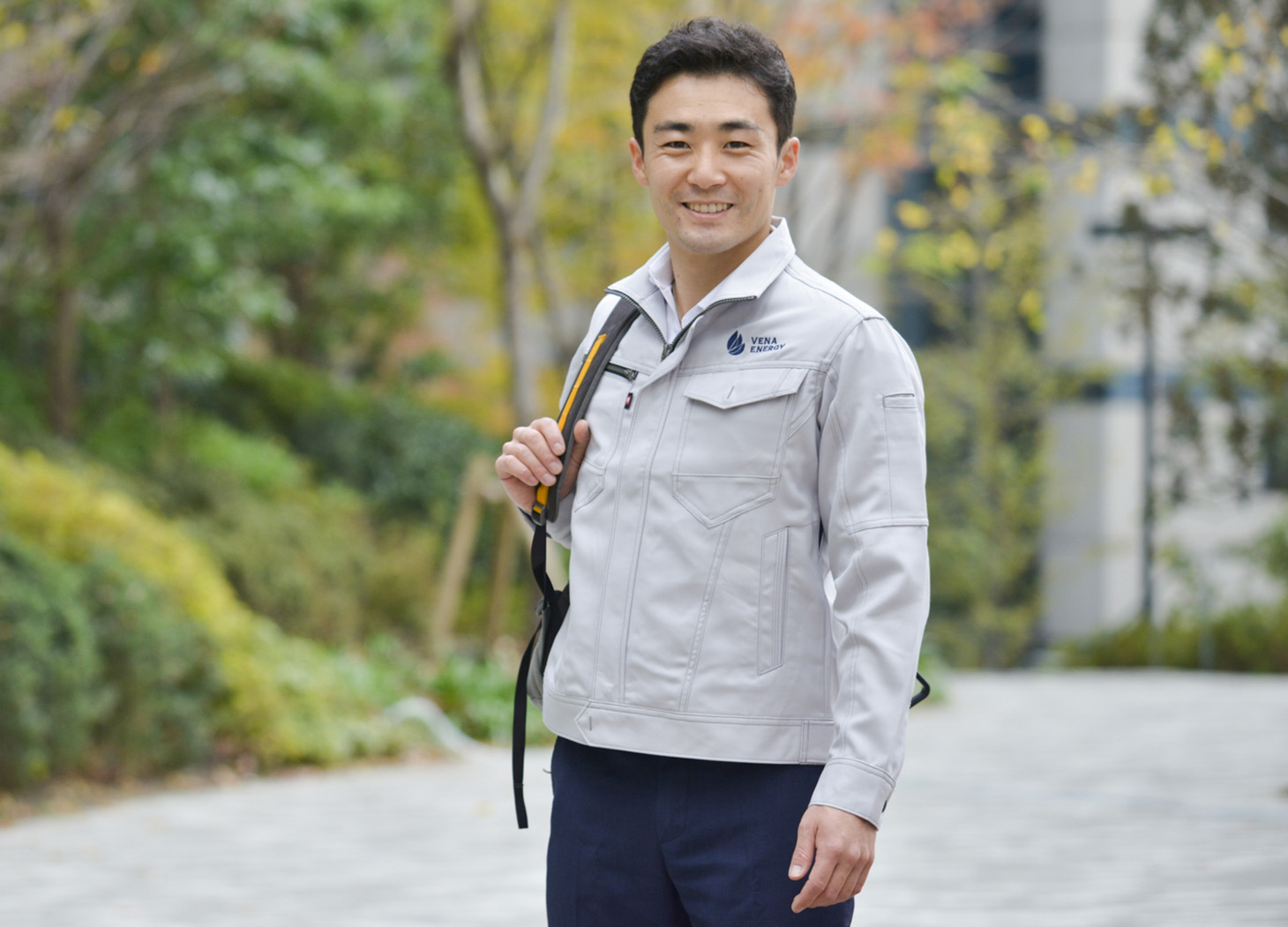
Vena Energy Engineering K.K.
Technical Services Project Engineering General Manager
M.N.
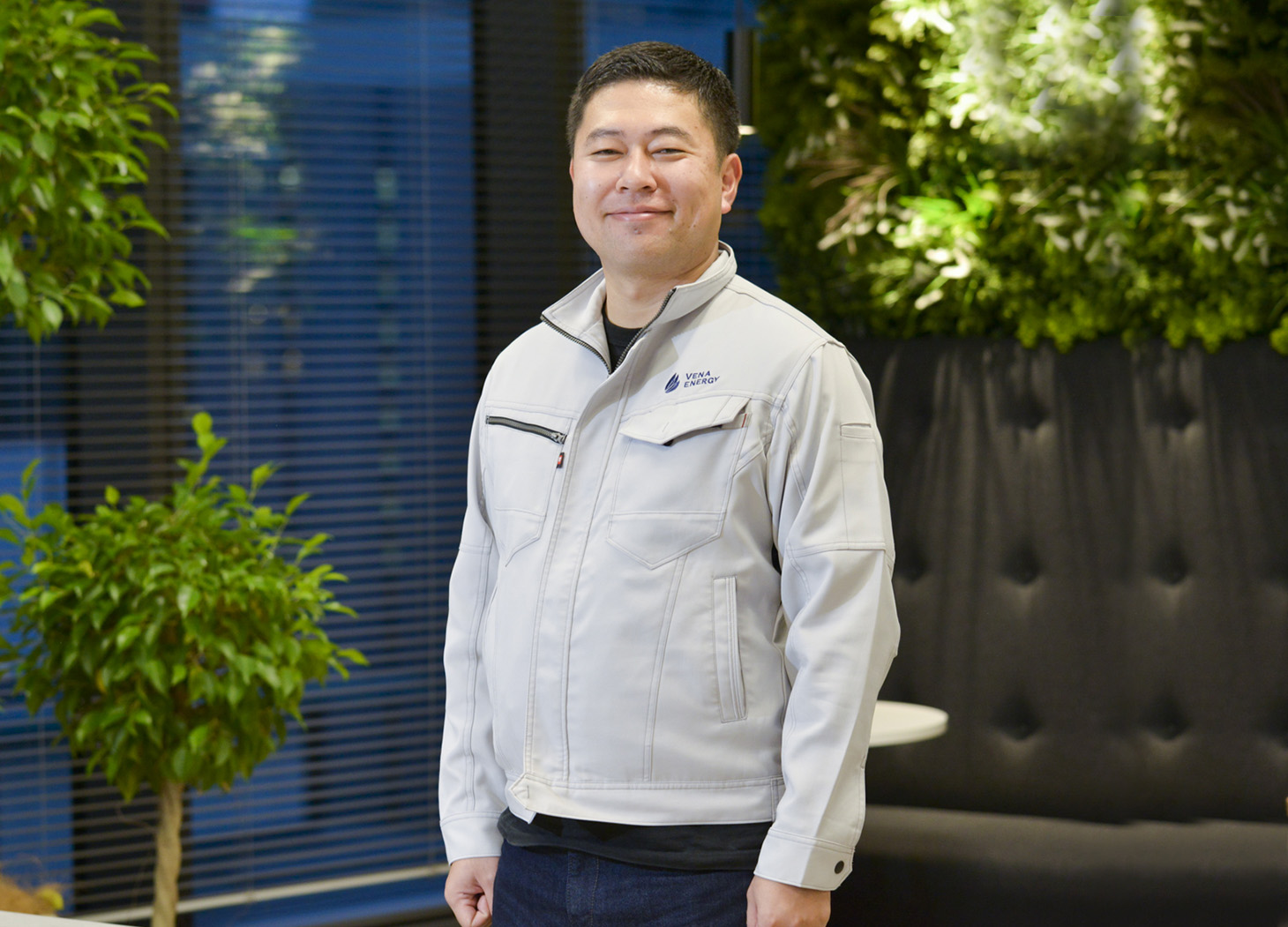
NRE Operations K.K.
Operation & Maintenance Senior Manager
A.K.
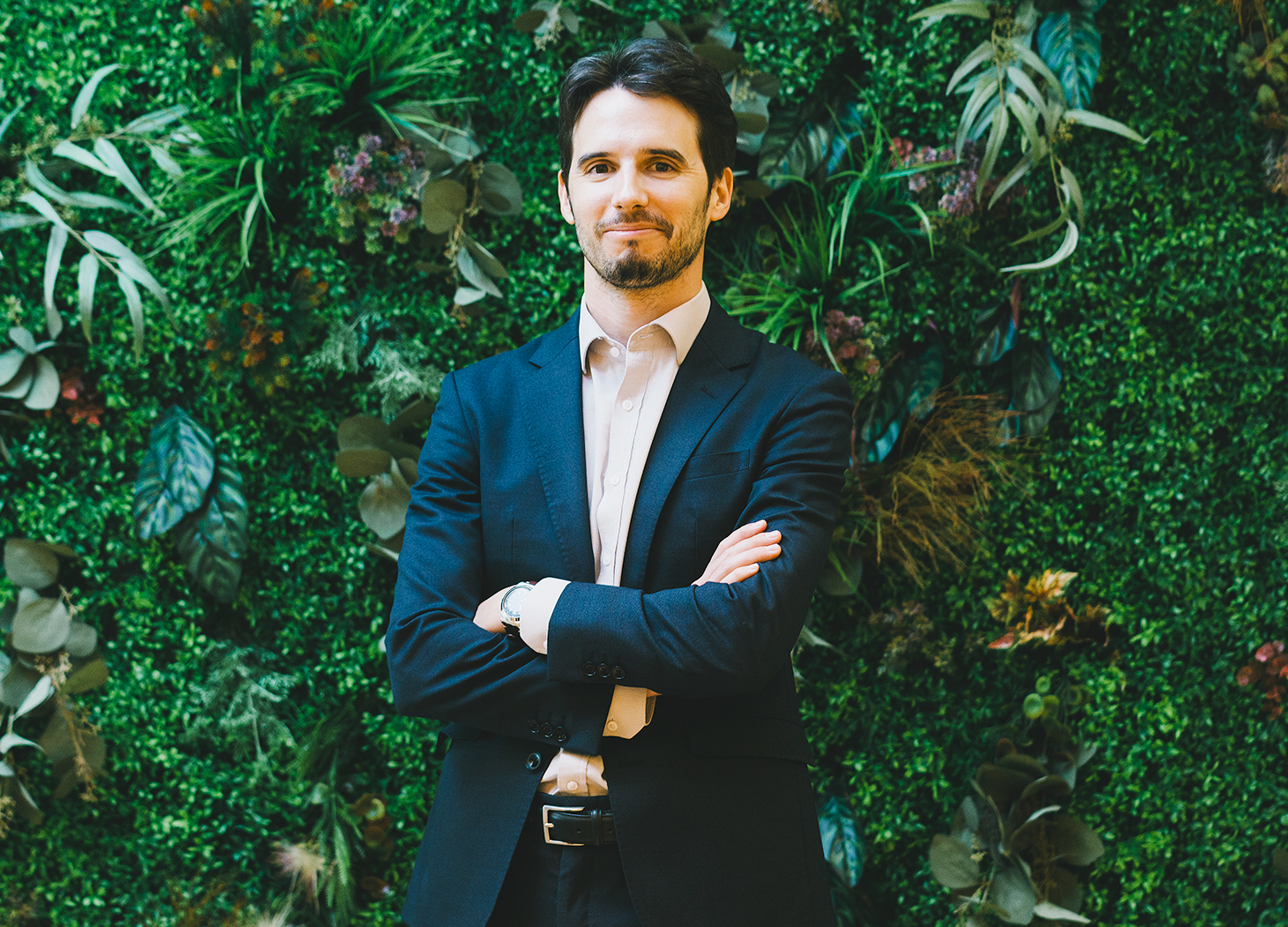
Nippon Renewable Energy K.K.
Investment Senior Manager
T.P.

Nippon Renewable Energy K.K.
HR&GA Interpreter
N.Y.